 Published in Asian-mena Counsel: Projects & Energy Special Report 2019
Published in Asian-mena Counsel: Projects & Energy Special Report 2019
By Jessada Sawatdipong, senior partner, and David Beckstead, counsel, Chandler MHM
Commentary on the latest developments in the Thai projects and energy sector.
 PPP PROJECTS IN THE EEC
PPP PROJECTS IN THE EEC
Thailand is aggressively moving forward with legislation that streamlines implementation of important PPP projects. This legislative trend presents new opportunities for foreign and local investors alike, with a focus particularly in Thailand’s infrastructure sector.
As part of the Thai government’s Eastern Economic Corridor Act B.E. 2561 (2018) (EEC Act), certain Public-Private Partnership (PPP) projects are underway which will facilitate investment in the EEC. Measures have been implemented to expedite an overall project approval process whereby the approval timeline has been reduced to 8-10 months, compared to a much longer timeline generally required for PPP projects. These regulations are applicable to investment projects deemed highly important as determined by the EEC Policy Committee, which requires submission for consideration prior to approval.
Projects that have received approval include:
The U-Tapao Airport and the Eastern Aviation City
This project has received approval for PPP’s to develop the U-Tapao International Airport; part of the combined U-Tapao and Eastern Airport City project. The aim is to establish a third main international airport in Thailand. Project Components include: Passenger Terminal 3, Commercial Gateway, Phase II Air Cargo facilities, Phase II Maintenance, Repair and Overhaul (MRO) facilities, Phase II Aviation Training Centre, and a Free Trade Zone. The airport project will also serve a passenger link to Don Muang International Airport and Suvarnabhumi International Airport, while supporting growth as a regionally important aviation hub.
High-Speed Railway Connection to 3 major airports
The High-Speed Rail Linked 3 Airport Project makes use of existing structures and routes as implemented in the form of an airport rail link system. The project consists of the current Airport Rail Link route; 29 km. and a to be constructed route of 191 km.
The area development, planned to support railroad service in Makkasan (an intersection and neighbourhood in Bangkok’s Ratchathewi district), will be operated in connection with development of The High-Speed Train Project.
Map Ta Phut Industrial Port Phase III
Map Ta Phut Industrial Port Phase III involves enhancements to existing infrastructure with an aim to better facilitate shipment of natural gas and raw fluid material for the petrochemical industry.
Laem Chabang Port Phase III
This expansion project involves creation of a deep-sea port and other facilities including: implementation of a single rail transfer operator (SRTO), construction of a larger port, and renovation of diverse facilities so as to alleviate internal traffic problems ranging from networking to transportation systems.
U-Tapao Maintenance, Repair and Overhaul Centre (MRO)
This project aims to be a state-of-the-art hub for aircraft maintenance, repair and overhaul, and is set to become the most advanced MRO centre in the region.
The Digital Industry and Innovation Promotion Zone (Digital Park Thailand)
Digital Park Thailand will comprise a new economic cluster in the EEC with an aim to become the destination for digital global players and digital biz innovators. It is being planned as a data hub with ultra high-speed broadband infrastructure, including an international submarine cable station, data centre, and satellite earth station. With a maximum incentive package including both tax and non-tax measures, ease-of-doing-business incentives, and special privileges for investors and digital specialists, the goal is for the development to be Thailand’s premier digital showcase. It will pioneer test beds, and adoption of state-of-the-art digital technologies; internet of things and artificial intelligence.
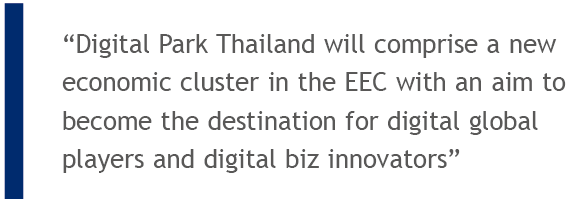
RECENT DEVELOPMENTS IN ELECTRICITY GENERATION AND DISTRIBUTION IN THAILAND
There is significant activity in Thailand’s energy and infrastructure sectors, which presents attractive opportunities for investors. Chandler MHM expects further growth/developments in these areas during 2019.
Update on the PDP
In 2015, the Ministry of Energy revised its Power Development Plan (PDP) in order to outline Thailand’s energy priorities over the coming two decades. This Plan is known as the “PDP 2015”, which was itself an update on the previous PDP issued in 2012. The National Energy Policy Council (NEPC), the leading government authority responsible for recommending long-term energy policy objectives to the Cabinet, approved an update to the PDP on January 24, 2019. The Cabinet is expected to approve the PDP in the coming months.
Based on media reports, we understand that the revised PDP increases projections for electricity to be generated by natural gas and renewable sources, while decreasing projected generating capacity for coal. The long-term plan to build a nuclear power plant appears to no longer be a major consideration.
The other significant development in the revised PDP is the apparent plan to increase rooftop solar installations. Difficulties in the ability to sell surplus electricity back to the transmission grid have been a major deterrent to more widespread adoption of rooftop solar installations. It will be interesting to note potential opportunities to this area, once the Energy Regulatory Commission (ERC) releases detailed regulations.
In March, 2018, the Minister of Energy announced that there were no plans to purchase electricity from new renewable projects until 2023. Given the revised PDP’s reported increase in projected renewable energy capacity, it will be interesting to note how much electricity government anticipates purchasing from small rooftop solar installations. In the absence of large-scale solar farms, developers have been shifting focus to private Power Purchase Agreements (PPAs).
Given that Thailand’s domestic natural gas reserves are nearly depleted, the increased dependency apparently being envisioned in the PDP 2019 will necessitate additional pipelines from neighbouring countries and/or LNG receiving terminals. In either case, there will be project opportunities for developers and construction companies operating in this sector in the foreseeable future.
Current events that are shaping the upstream oil & gas sector
Update to PA and PITA
The Petroleum Act, B.E. 2514 (1971) (PA) and Petroleum Income Tax Act, B.E. 2514 (1971) (PITA) were enacted in June 2017 to establish the production sharing contract (PSC) and service contract (SC) regimes.
Amendments to Section 23 of the PA include the additions that exploration and production of petroleum now require an application for, and a grant of, a PSC, SC or concession. The authority to determine which form is appropriate will be vested with the Ministry of Energy, with rules and procedures to be published with the approval of the Council of Ministers.
Auction of Erawan and Bongkot
The current concessions for the Bongkot and Erawan gas fields in the Gulf of Thailand are due to expire in 2022 and 2023. Bids for the Bongkot and Erawan blocks were submitted on September 25, 2018, and this tender was the first time the Ministry of Energy offered petroleum producers the opportunity to operate under a PSC. The Bongkot field is currently operated under a concession by PTTEP with Total Petroleum holding a minority interest, whereas the Erawan concession is operated by Chevron with Mitsui holding a minority interest.
There was limited interest in the tenders from outside tenderers, with each PSC only attracting two bids. Chevron and Mitsui submitted joint bids for each PSC; PTTEP submitted a joint bid with Mubadala Petroleum for the Erawan PSC, and PTTEP submitted a solo bid for the Bongkot PSC.
Winning bidders were announced in December, 2018, with PTTEP winning the Bongkot PSC and PTTEP and Mubadala Petroleum winning the Erawan PSC.
Decommissioning
Decommissioning of offshore installations is still in its infancy in Thailand and petroleum producers have taken many positive steps in preparing for the decommissioning exercise. The Department of Mineral Fuels, Ministry of Energy (DMF), has been coordinating with concessionaires as the decommissioning of offshore installations commences. Currently, the DMF is reviewing and approving decommissioning plans and decommissioning environmental assessment reports, submitted by vaious concessionaires. Currently, there is no publically available data relating to the status of this review.
In 2016, the Ministry of Energy promulgated the Ministerial Regulation Prescribing Plans and Estimated Costs and Security for Decommissioning of Installations Used in the Petroleum Industry, B.E. 2559 (2016) (the Decommissioning Regulation). The Decommissioning Regulation outlines specifics on the concessionaire submitting a Decommissioning Plan and an Estimate of Decommissioning Costs, a Decommissioning Environmental Assessment Report, and a Best Practical Environmental Option Report, to the Director-General of the DMF — within prescribed timelines.
The Director-General is charged with issuing Notifications under the Decommissioning Regulation to provide for greater clarity and specificity on concessionaires’ obligations. There have been a number of Notifications issued by the Director-General, including those related to qualifications of expert appraisers and to the rules and procedures for preparing decommissioning environmental plans and management processes.
21st bid round
The Ministry of Energy announced in October 2014 the 21st bid round for petroleum concessions, which included 29 exploration blocks. The deadline for submission of bids was originally set for February 18, 2015, or a new date as may be specified by future public notice.
On October 27, 2014, an NGO filed a complaint to the Administrative Court to suspend the 21st bid round. The Administrative Court accepted this case, and there were a number of subsequent challenges to the 21st bid round, which was finally cancelled on February 26, 2015, pending enactment of amendments to the PA.
Officials within the Ministry of Energy have indicated that a new 21st bid round will occur in the near future. As the auctions for the Erawan and Bongkot fields are now complete, it is thought that the 21st bid round will occur at some point in 2019.
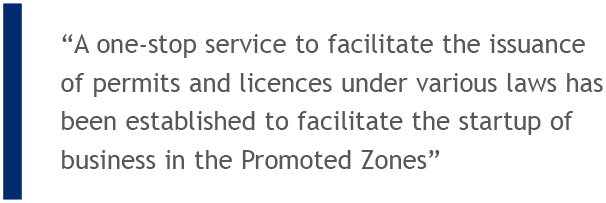
BACKGROUND: EASTERN ECONOMIC CORRIDOR (EEC)
The Eastern Economic Corridor Act B.E. 2561 (2018) (EEC Act) was published on May 14, 2018. It applies in three eastern provinces: Rayong, Chonburi and Chachoengsao, and prescribes a number of incentives for private investment. It complements and builds on the Board of Investment (BOI) regime. On August 17, 2018 a new notification (the Notification) was issued to stimulate investment in target industries in the Promoted Zone of the EEC, and to encourage private participation in the development of human resources. A one-stop service to facilitate the issuance of permits and licences under various laws has been established to facilitate the startup of business in the Promoted Zones.
Promoted Zone
The Promoted Zone of the EEC consists of the following:
1. Special Promoted Zone for Specific Areas:
• Eastern Airport City or EEC-A
• Eastern Economic Corridor of Innovation or EECi
• Digital Park Thailand or EECd
2. Promoted Zone for Target Industries (as announced and prescribed by the EEC Development Policy Committee):
3. Promoted Industrial Estate or Industrial Zone:
The promoted activities in the Industrial Estate or Industrial Zone are, for example:
• Section 1: Agriculture and Agricultural Products;
• Section 2: Mineral, Ceramics and Basic Metals;
• Section 3: Light Industry;
• Section 4: Metal Products, Machinery and Transport Equipment;
• Section 5: Electrical Appliances and Electronic Industry;
• Section 6: Chemicals, Plastics and Papers;
• Section 7: Service and Public Utilities; and
• Section 8: Technology and Innovation Development.
To fulfil the goals of the Notification, the BOI has created tax incentives for those investing in the Promoted Zone, with the requirement to cooperate with an educational institution or program to develop human resources or technology. In particular for the development of human resources, a cooperative plan with the institution or programme identified to accept students for vocational training must be submitted. The BOI has set a minimum number of students to be accepted, which varies depending on the zone under which the project is applying, and the number of employees required for the project. Tax privileges include the exemption or reduction of taxes; right to bring in foreign experts in certain fields; 50-year land leases, with the right to renew for up to 49 years; the right to own land and condominiums for the purpose of business activities; exemptions from exchange control regulations; and exemptions from customs law compliance.
Application timeline
Applications for promotion must be submitted between January 1, 2018 to December 30, 2019, and submissions to request additional rights and benefits under this notification must be made before December 30, 2019.
![]()
E: jesssada.s@chandlermhm.com
E: david.b@chandlermhm.com
C lick Here to read the full issue of Asian-mena Couddnsel: Projects & Energy Special Report 2019.
lick Here to read the full issue of Asian-mena Couddnsel: Projects & Energy Special Report 2019.






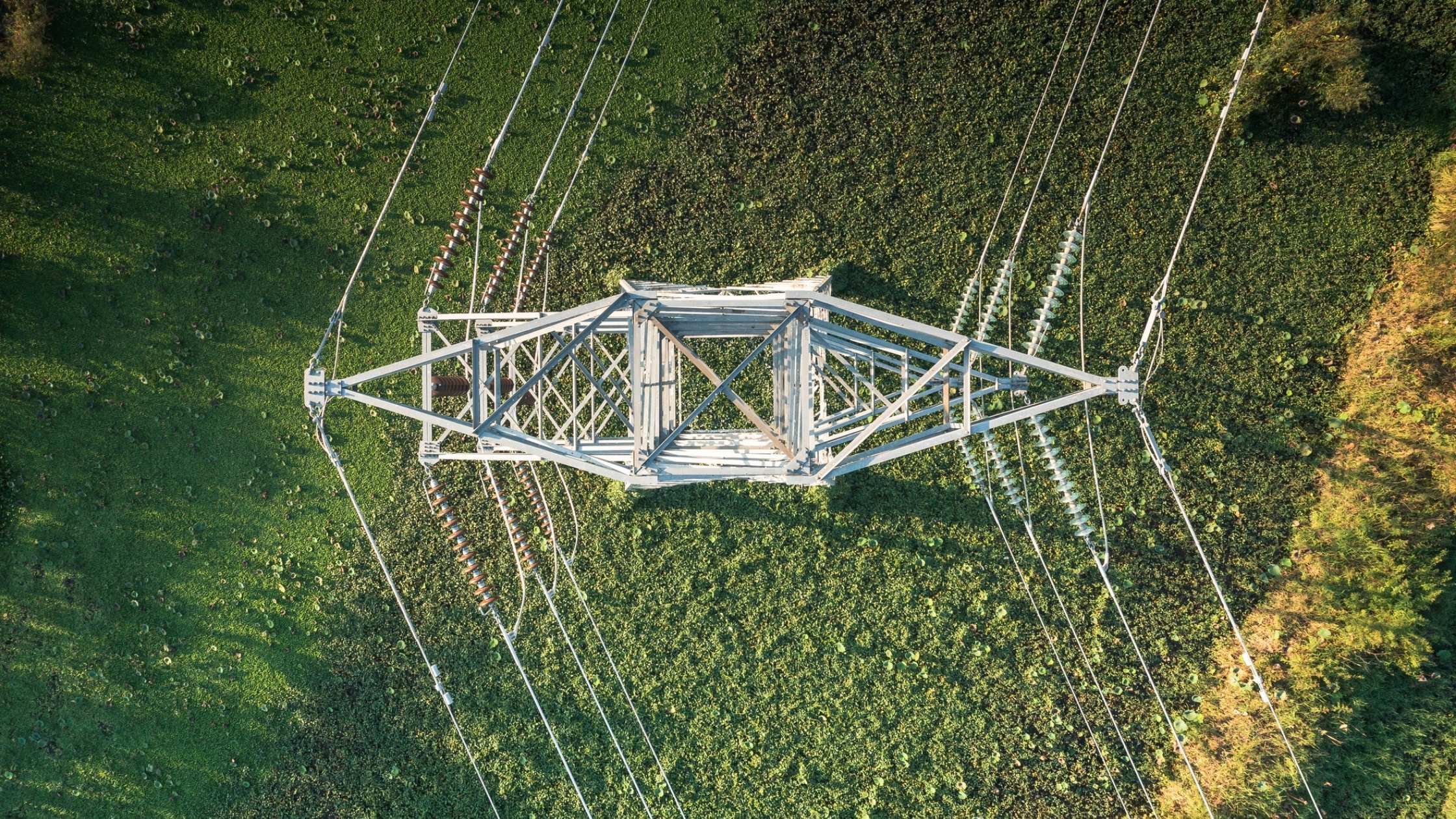






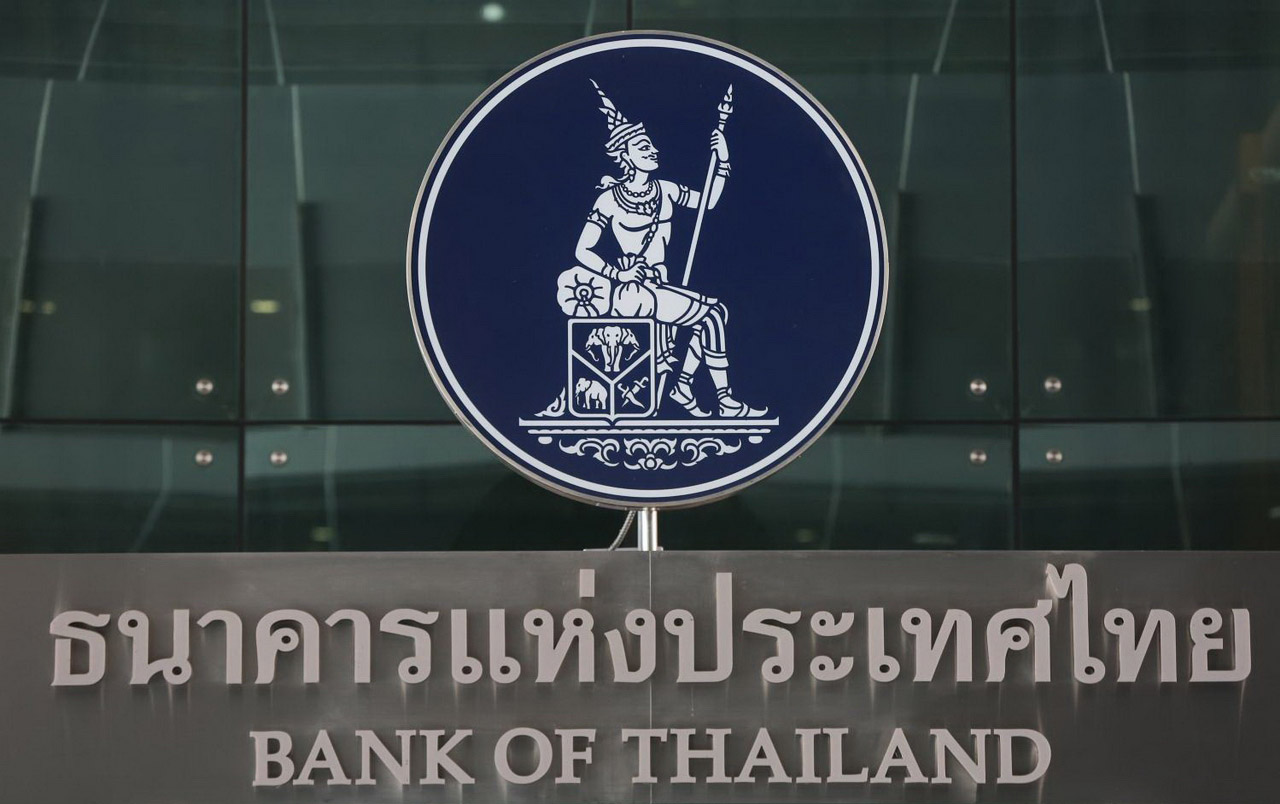


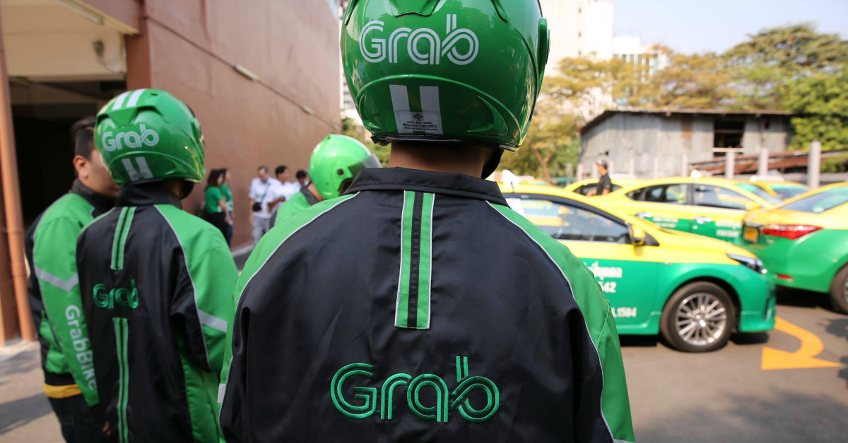













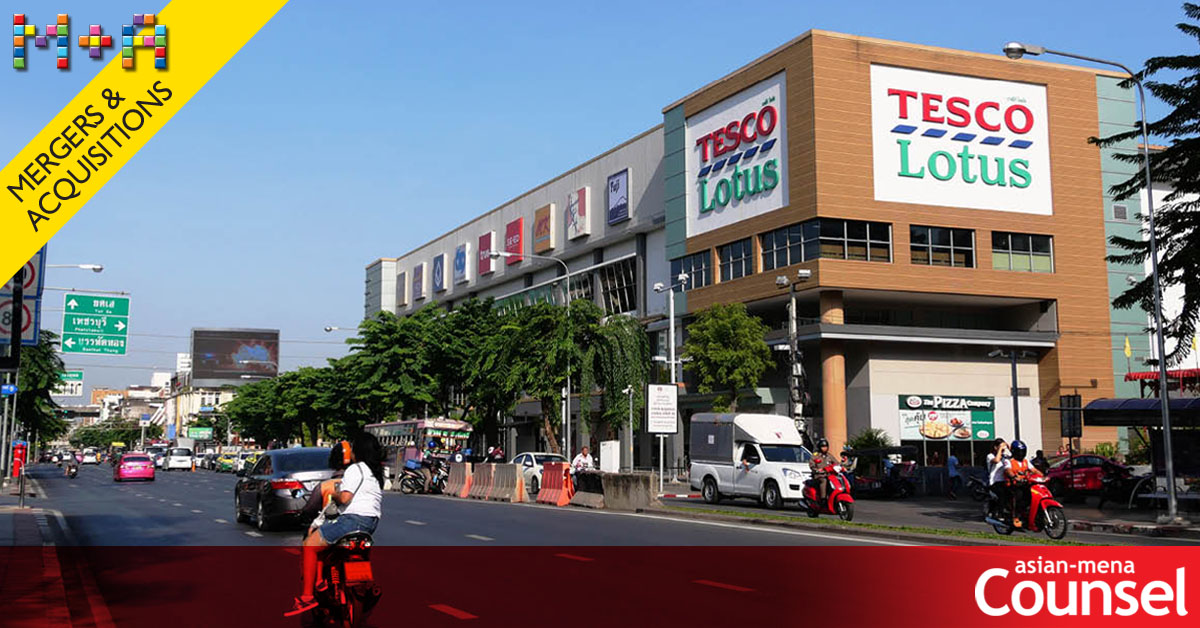

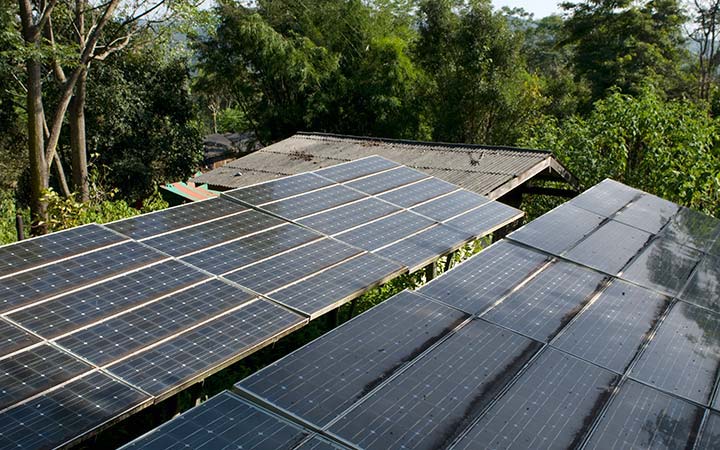



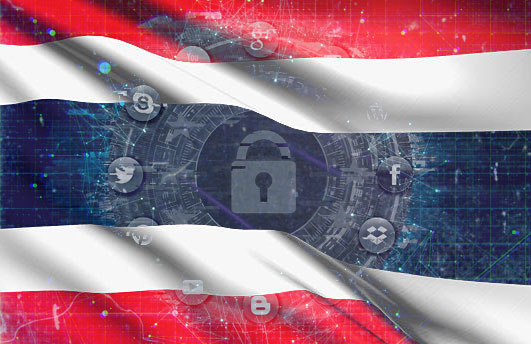

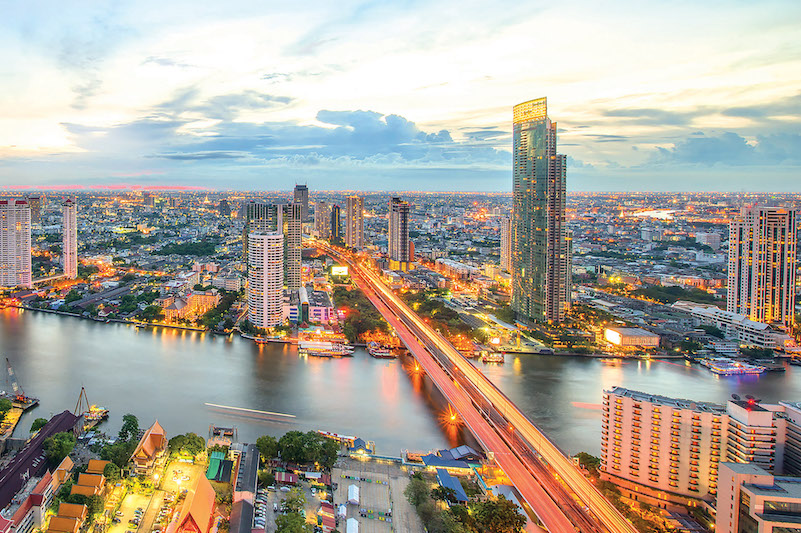




















 Chandler MHM Limited
Chandler MHM Limited Jessada Sawatdipong
Jessada Sawatdipong



